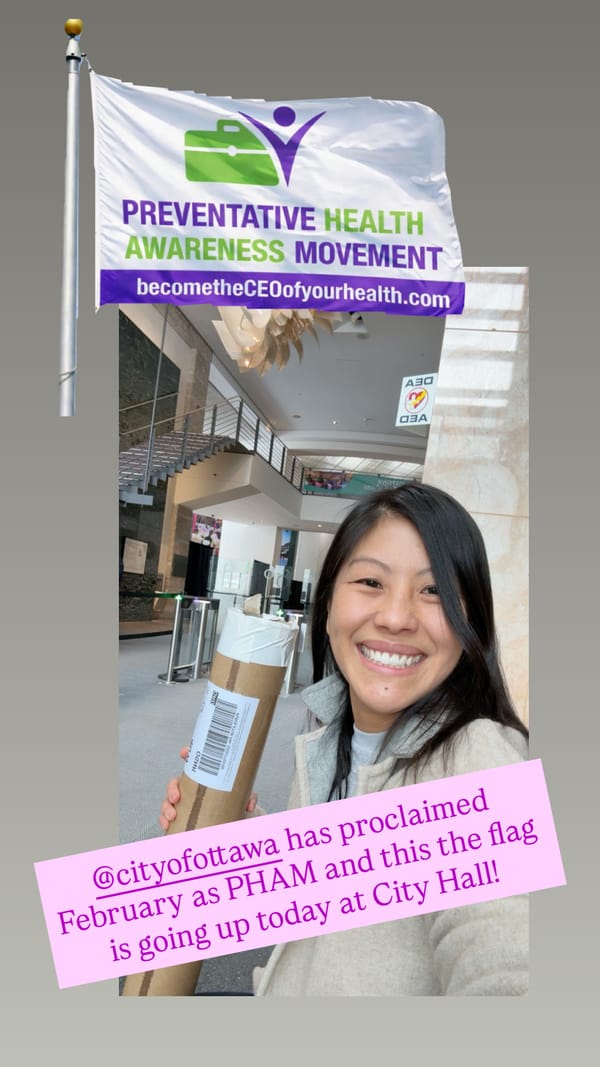Good food for your eyes!

Hippocrates says “food is thy medicine and medicine is thy food.” The same is
true for your eyes.
It's all about the gut!
Fueling your body with good nutrients directly impacts all of your body even
eye health.
What do we mean by “gut”? All your gut bacteria of course! To ensure your
body balanced, it is important to establish good gut health.
Did you know that some foods are particularly good for your eyes?
Research suggests that certain vitamins and nutrients may help prevent or slow
the progression of several different eye conditions.
What nutrients are good for our eyes?
- Vitamin A -- is essential for good vision. It helps protect the cornea (the surface of the eye) and the membranes that surround our eyes and it enables us to see in low light. Vitamin A also helps to keep the body's immune system strong and fight off infections.
- Vitamin E -- is a powerful antioxidant. Antioxidants help protect our body's cells, including our eye cells, from damage by free radicals, which are harmful, unstable molecules which can initiate disease.
- Lutein and zeaxanthin – are also powerful antioxidants and many studies show that lutein and zeaxanthin reduce the risk of chronic eye diseases, including age-related macular degeneration and cataracts. They also act like a sunscreen for our eyes by filtering out harmful wavelengths of light!
- Beta-carotene -- is converted by the body into vitamin A which promotes healthy vision.
Omega 3s – fish oil is critical to keep the retina healthy and slow the progression of macular degeneration in addition to hydrating the surface of the eye.
Diet and Age-related macular degeneration
Macular degeneration(AMD)is the leading cause of vision loss after cataracts over 50 years of age. There is concern of a genetic component but we cannot control genetics. If we focus on what we can control nutrition plays a significant role.
Research suggests that taking specific dietary and nutritional actions may influence AMD development or progression. Certain food compounds can combat the damage to the retina that has been linked to AMD. Including nutrients in your diet such as lutein, xeaxanthin and mesoxeathanthin, vitamin C, vitamin E, beta-carotene can help to counteract damage. In addition, the intake of omega-3 fatty acids in the diet have been reported to reduce AMD risk.
If you cannot ensure that your diet meets the needs to reduce AMD certainly using supplements may be good insurance to preserve vision.
We believe today that the following should be your daily intake in a supplement.
- 10 mgs lutein per day(green leafy)
- 10 mgs meso-xeaxanthin
- 2mgs xeaxanthin
- and omega3s(watch brand with atrial fibrillation or cardiac concerns)
- Vitamins A, C, E from foods
Other measures you may want to take in order to reduce the risk of AMD include:
- Manage other medical conditions such as cardiovascular disease or high blood pressure by following your physicians prescribed treatment and medication
- Quit smoking and get help to do so if you need it
- Maintain a healthy weight through eating a balanced diet and regular exercise
- Maximize your intake of vitamin-rich foods for their antioxidant qualities such as fruits and vegetables, particularly dark green leafy vegetables. Include in your diet foods rich in Omega 3 fatty acids such as fish and nuts.
- Wear UV protection
- Consider red light therapy such as ARUNALIGHT goggles
Speak to your optometrist about how to best protect your vision to ensure that we see well at every age and stage of life.





